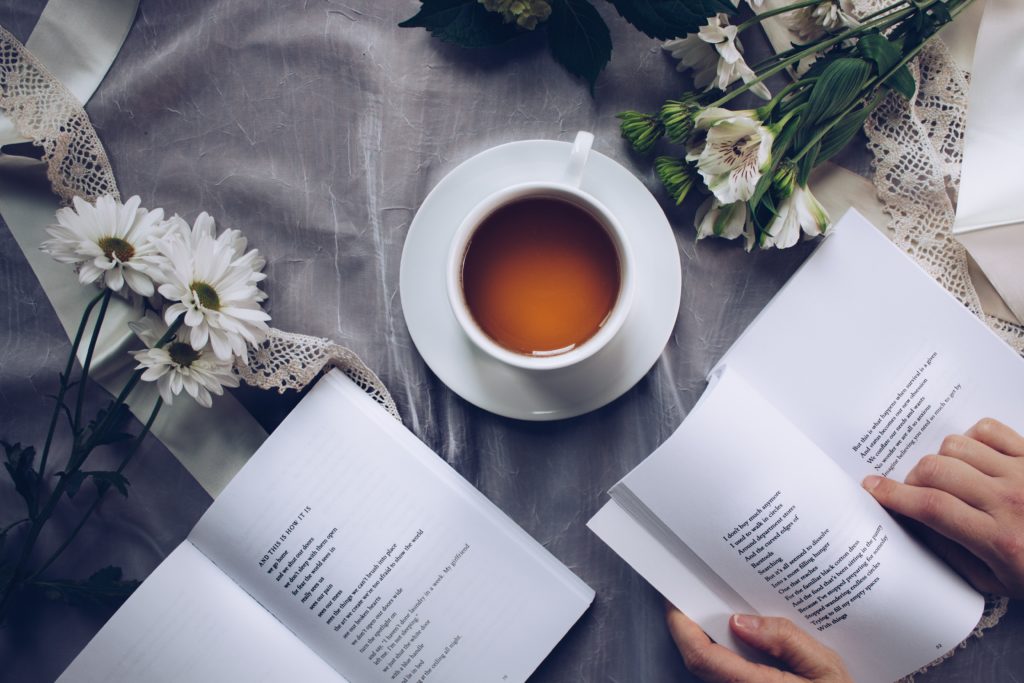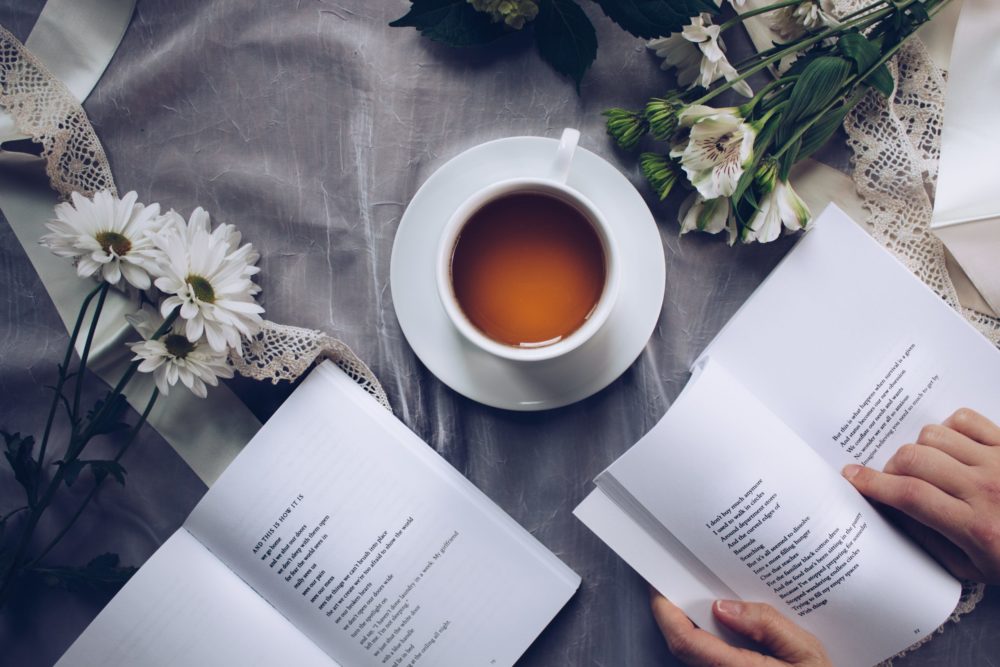A few weeks back I underwent my second fasting mimicking diet fast (learn about FMD) this year. During this time, I reduced my calories down to about 500 per day or less for 4 days. I tried to go 5 days, but ultimately gave in a day earlier. Fasting can be hard.
That said, fasting did open my eyes to one interesting aspect of life: how much we take for granted the simple pleasures of life, to the point of not appreciating them.
In Letters From a Stoic, Book 18 – On Festivals and Fasting – Seneca writes, “Set aside a certain number of days, during which you shall be content with the scantiest and cheapest fare, with coarse and rough dress, saying to yourself the while: ‘Is this the condition that I feared?'”
In developed countries in our modern times, we no longer have to worry too much about the condition of starving, the way they might have thousands of years ago. Even a hundred years ago, there were less guarantees of 3 square meals a day than there are today. Food has become less and less expensive – a pound of rice can feed a small family and cost less than a dollar these days. Bread is bountiful and inexpensive, and relatively cheap, high calorie / high carbohydrate snacks litter the majority of our grocery stores.
We’re so accustomed to consuming each and every meal, each and every day, that the notion of skipping a meal sounds almost ludicrous these days – some might even worry that it’s dangerous or unhealthy. “Eat! Eat! You need to eat!” says the grandmother to her teenage grandchildren as she pushes another giant plate of food in front of them. It makes sense that we associate eating a lot with good health and survival, when our ancestors withered away during times of famine over the millennia.
Yet taking a long break from the daily habit of eating is not dissimilar to meditation – taking a break from the habit of constantly talking or constantly thinking about our issues all day long. It not only offers our stomachs a break, but it allows us to come right up against one of our most elementary desires: consuming calories to stay alive. It’s a powerful practice.
Yet there are a few other elements that fasting can teach that go beyond just the willingness to voluntarily recreate a famine-like experience. “I assure you, my dear Lucilius, you will leap for joy when filled with a pennyworth of food, and you will understand that a man’s peace of mind does not depend upon Fortune; for, even when angry she grants enough for our needs.”
This was the big lesson for me a few weeks back. Firstly, to recognized that I could still enjoy my day, even without the constant need to graze hour after hour. I eventually found myself in a place where I felt at peace, even clear-minded. I felt a sense of slow-motion, as if time had slowed down for me, and I was able to focus more easily on this moment, rather than the drug-like stimulation that calories bring. It was a trippy experience, to say the least.
Secondly, when I did resume my regular eating schedule, the taste of the food I consumed was mind-blowing. I remember the experience as clearly as crystal: in front of me was a small bowl of boiled lentils with olives, grilled onions, sun dried tomatoes, and salt – nothing fancy or even extraordinary. I typically have a dish like this every few weeks without a second thought. Yet that day it was as if I was tasting the lentils, olives, sun-dried tomatoes for the very first time in my life. The acidic taste of the olives was so palpable and all the flavors mixed together like the different instrument sections of a symphony.
As I mentioned, in the developed world we rarely fear running out of food. But that’s not the reality for everyone in this world. There are still so many places in the world where famine is a harsh reality, and despite all the bounty of developed nations food supplies, people live each day wondering if they will eat tomorrow, or worse, if their beloved children will eat tomorrow. Fasting forces you to consider both the harsh realities of others in this world and compels you to reframe the problems of your life in more realistic and fairer terms. How bad is it really that your roof is leaking and it’s going to cost several thousand dollars to fix? It certainly sucks, that’s for sure, but is it like not knowing whether your kids are going to be fed this week or not? It’s effectively a good problem to have: you have a home to begin with – you’re privileged compared to others – and that’s something to consider. Such thinking helps us to look at our “problems” in a new light and sometimes the best way to start thinking in this way is a practice such as fasting.
So if you haven’t thought about fasting, consider it. It’s not as hard as you think and there are many excellent guides out there to get started so that you can take part in the practice in a safe way.
I leave you with these words by Seneca on the need to voluntarily endure hard things when times are good, so that we are strong when times are not so good.
“It is precisely in times of immunity from care that the soul should toughen itself beforehand for occasions of greater stress, and it is while Fortune is kind that it should fortify itself against her violence. In days of peace the soldier performs manoeuvres, throws up earthworks with no enemy in sight, and wearies himself by gratuitous toil, in order that he may be equal to unavoidable toil.”
Seneca
If you’re interested, you may also consider downloading the app I use to fast: Zero. It’s got all the functions you’ll need for a successful fast and it has tons of great information to help you through the process.
How has fasting helped you understand pleasure, empathy, and gratitude better? Please let me know in the comments below!



